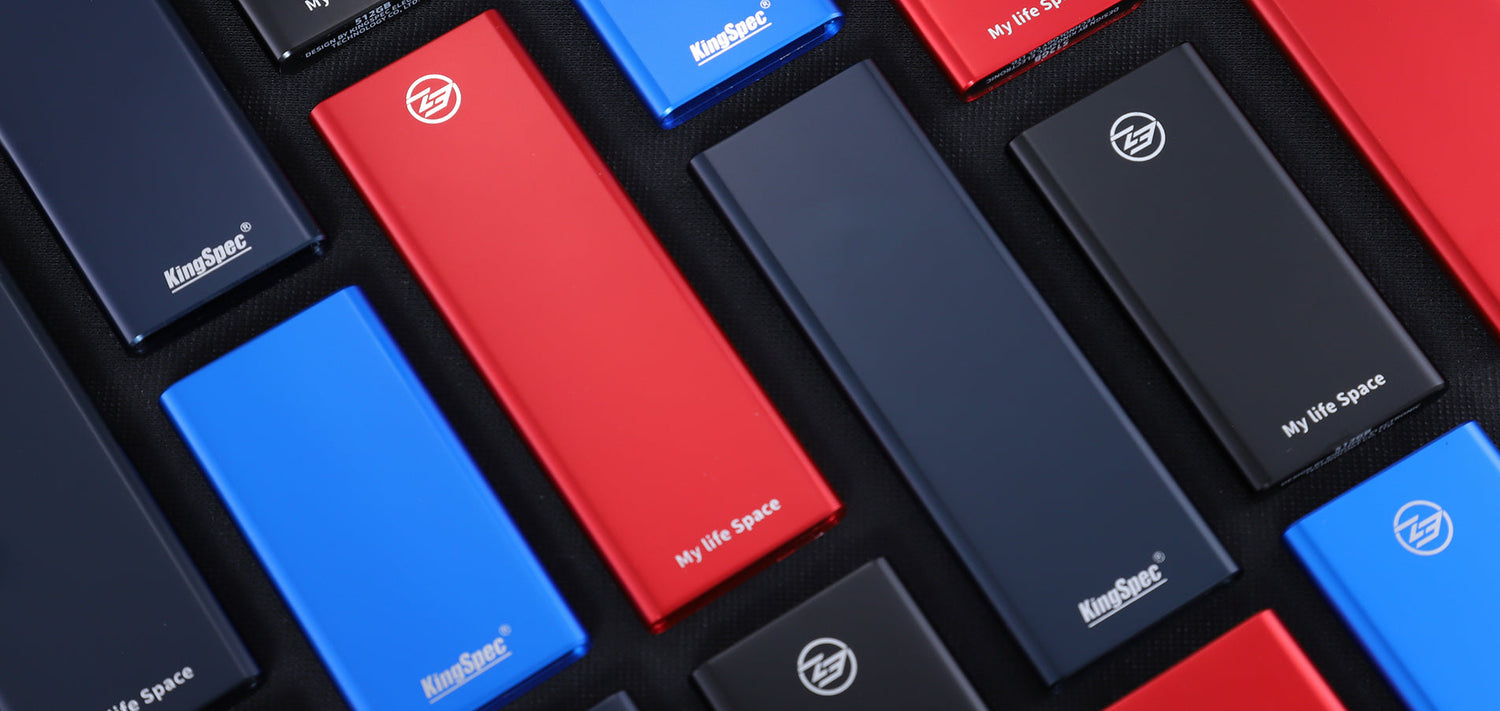
Difference Between HDD And SSD
An external drive is the fastest, safest, and easiest way to ensure your files are being backed up.
An external drive is more like an insurance for digital life as well as providing portability, additional storage capacity, and functionality.
With a portable solid-state drive (SSD), you get to have free space on the primary drive which makes it perform better, and it is quite easy to carry.
Nevertheless, if you need to expand the storage capacity of your device, ensure to contact a reliable portable SSD supplier.
Hard Disk Drives (HDD)
HDD is a storage technology used in computers. Its basic mechanism is the use of magnetism to store data on a spinning platter.
A read/write head is attached to an arm located above the rotating platter, reading, and writing data.
HDD comes in different sizes and speeds. The most common speeds are 5400rpm or 7200rpm (revolution per minute). The faster the speed, the faster the drive can read and write data.
One major benefit is the ability to store lots of data cheaply. They are vulnerable to magnets, vibration, dust, shocks, and other physical attacks.

Solid State Drive (SSD)
SSD is the newest form of disk storage, and it makes use of flash memory.
SSD stores data in individual memory cells, which consist of floating-gated transistors.
They are semiconductor-based memory – information is saved when no power is being applied to them.
When compared to an HDD, SSD has greater storage density, higher transfer rate, improved reliability, and low latency.
SSDs are smaller in size, they do not have moving parts and therefore, are less noisy.
SSD cells can also wear out with time but that would be due to the way data is written and read to the drive. This process reduces its performance.
Although, this effect takes a while because SSDs have the mechanism to minimize it.
Comparison of HDDs to SSDs
1. Ruggedness
HDD easily gets destroyed by forceful contact due to its moving parts.
It is vulnerable to vibration or movement. SSD is not vulnerable to any form of physical attack.
2. Power/Battery Life
HDD draws more power and uses more battery. The average battery usage is 6-7 watts.
SSD draws lesser power and uses less battery. The average battery usage is 2-3 watts, thereby resulting in over 30 minutes’ battery boost.
3. Heat Production
SSD produces little heat due to the lesser power draw. HDD also produces less heat but has a more significant amount of heat when compared to SSD.
This is because of its higher power draw and moving parts.
4. Capacity
There is no much difference in capacity between hard disc drives and solid-state drives.
Most HDDs and SSDs have a capacity range of 128 gigabytes to 2 terabytes.
5. Vibration/Noise
An HDD vibrates and also makes noise during usage. The sound tends to increase as the task gets intensive.
This is due to the spinning of platters and moving parts.
Whereas, an SSD makes no sound nor vibrates as there are no moving parts.
6. Operating System Boot-Time
The average boot time for an HDD is 30-40 seconds while that of SSD is around 8-13 seconds.
7. Speed
The range for HDD is between 50-120MB/s while SSD is 200-550MB/s. The SSD is 30% faster than HDD.
8. Encryption
In some models, Full Disk Encryption (FDE) is supported both in HDD and SSD.
9. Magnetism
An SSD is safe from any form of effect from magnetism but can lead to loss of data in HDD.
Conclusion
There is a distinctive difference between hard disk drive (HDD) and solid-state drive (SSD) when compared features for features.
Generally, SSDs are durable than HDDs due to inadequate mechanical parts. The movement within an HDD or a forceful contact makes it vulnerable to damages.
Portable SSD have no moving parts, giving it the ability to withstand forceful contacts.
The future of external drives lies with solid-state memory, and not with spinning platters.
However, in order to get the best SSD deal, please try to patronize well-known portable SSD suppliers like KingSpec and ensure that you get good products.
KingSpec has a strong production capacity. The factory has multiple automatic SMT production lines. An excellent team of engineers can help KingSpec complete OEM and ODM projects according to the different requirements of customers. Customers who are interested in portable SSDs are welcome to come to consult.
